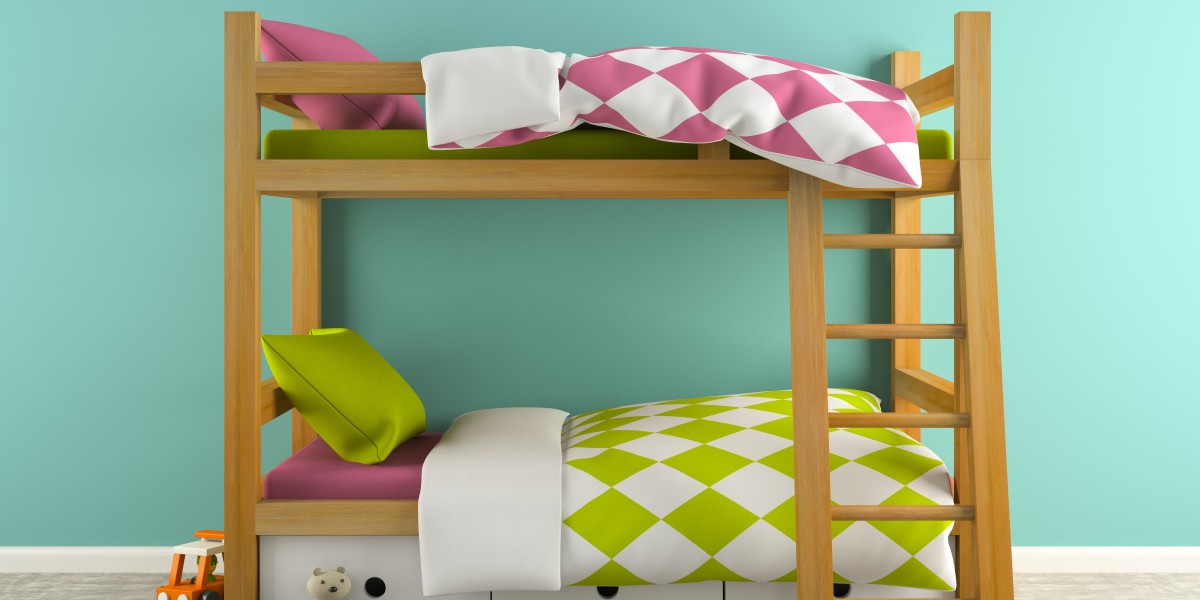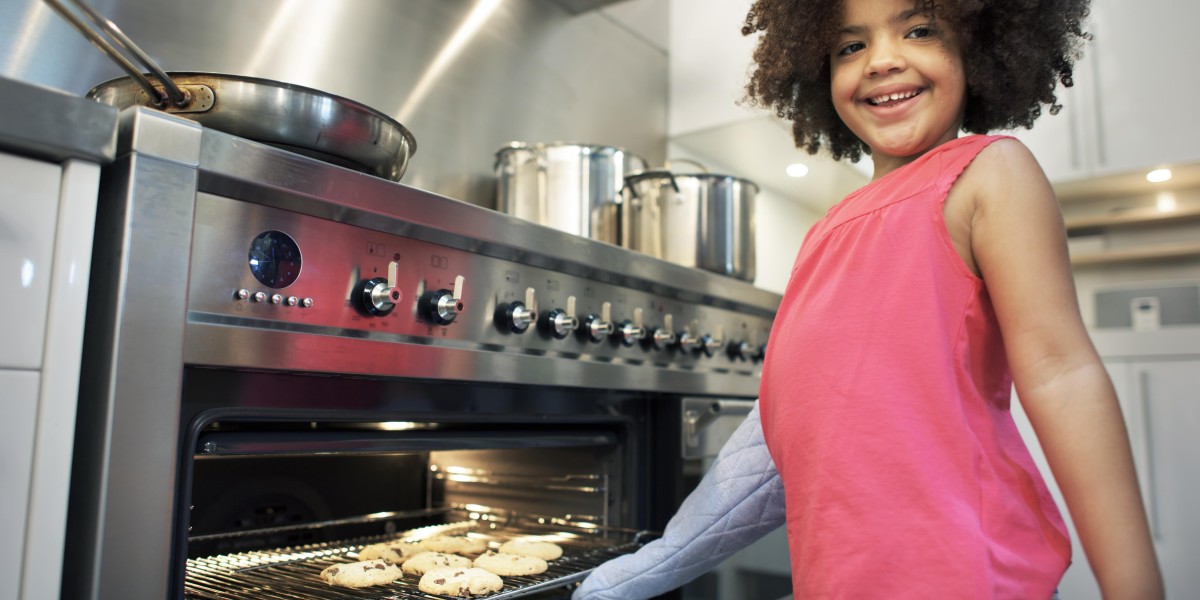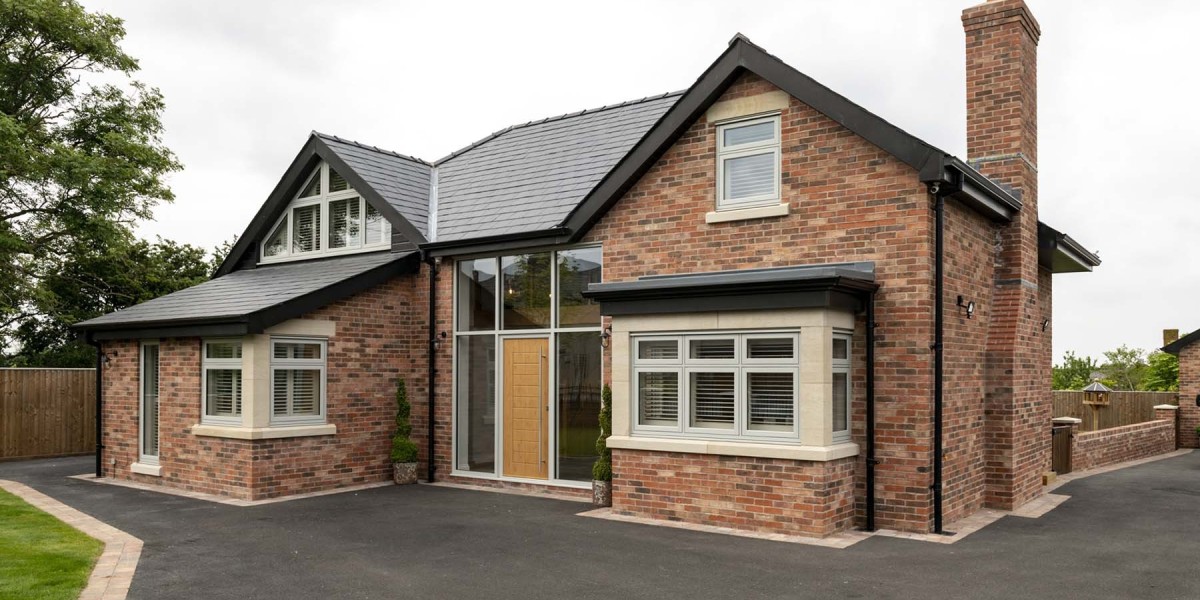The Ultimate Guide to Kids Bunk Beds: Maximizing Space and Fun
With the rise of vertical living and smaller areas, the popularity of bunk beds has soared amongst households. Bunk beds not just provide a useful sleeping service, specifically in shared rooms, but they likewise bring an aspect of fun into a child's life. This extensive guide delves into the features, advantages, and considerations of kids' bunk beds, making it much easier for parents to select the best bed for their kids.
Features of Kids Bunk Beds
Bunk beds are flexible pieces of furnishings that serve more than a single purpose. Here are some crucial features to consider:
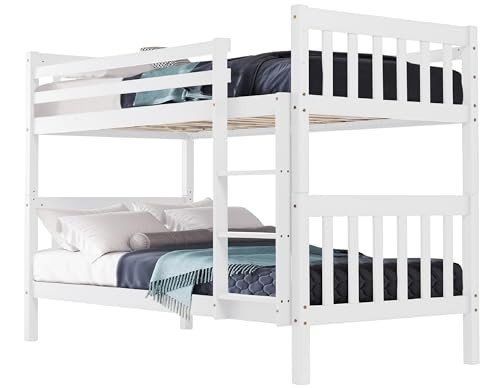
| Feature | Description |
|---|---|
| Material | Bunk beds can be constructed from wood, metal, or a combination of both, using varying levels of resilience and style alternatives. |
| Safety Features | Many bunk beds come geared up with guardrails, safe ladders, and topped supports for safety, particularly crucial for young children. |
| Design Variety | Options range from classic styles to modern-day styles, guaranteeing a match for any room design. |
| Space-Efficiency | Bunk beds make use of vertical space, making them ideal for smaller spaces. |
| Convertible Options | Some models can be transformed into two different beds, providing versatility as kids grow. |
| Storage Solutions | Some bunk beds come with integrated storage drawers or racks, assisting to keep the space arranged. |
Advantages of Kids Bunk Beds
Buying a bunk bed comes with a number of benefits:
- Space Saving: Bunk beds take full advantage of floor space, enabling more backyard or storage options.
- Enjoyable Factor: With a bunk bed, kids belong that cultivates creativity and companionship throughout pajama parties or playdates.
- Affordable: Instead of acquiring 2 different beds, a bunk bed can accommodate 2 kids bunk Bed at the same time, saving cash in the long run.
- Flexibility: Many bunk beds can be disassembled or converted into twin beds, making them a long-lasting financial investment as children's requirements alter.
- Social Interaction: Bunk beds motivate household bonding and friendships, offering a welcoming space for children to share stories and laughter.
Considerations When Choosing a Kids Bunk Bed
When picking the best bunk bed for a kid, parents ought to take into consideration various factors:
- Safety Standards: Ensure that the bunk bed abide by security guidelines and features important safety functions.
- Age Appropriateness: Different models accommodate different age groups. For instance, traditional bunk beds might not be suitable for more youthful children.
- Room Dimensions: Measure the bed room to guarantee the bunk bed fits appropriately, permitting space to move easily.
- Weight Capacity: Consider the weight load of each bed and guarantee it accommodates the kid's weight comfortably.
- Design Preferences: Letting children get involved in the selection procedure can assist them feel more ecstatic about their brand-new bed.
Types of Kids Bunk Beds
Bunk beds come in different styles and setups to match different requirements:
| Type | Description |
|---|---|
| Standard Bunk Bed | A timeless style with one bed stacked on top of another, normally using a ladder to access the leading bunk. |
| L-Shaped Bunk Bed | Features two bunk beds connected in an L-shape, typically more spacious and ideal for kids sharing a room however needing a bit more space. |
| Triple Bunk Bed | Consists of 3 stacked beds, suitable for making the most of sleeping plans in very limited areas. |
| Loft Bed | A raised bed with space beneath that can serve as a backyard, study corner, or extra storage. |
| Futon Bunk Bed | Integrates a bunk bed on the top with a futon or couch underneath, making it great for pajama parties and maximizing room use. |
| Convertible Bunk Bed | Can be separated into two private beds, providing flexibility as kids's needs alter. |
Taking Care Of Kids Bunk Beds
Keeping bunk beds is crucial for guaranteeing durability and security. Here are some easy care practices:
- Regular Inspections: Check the bed routinely for loose screws and tightened bolts to ensure stability.
- Cleanliness: Keep bedding clean and fresh, turning mattresses for even wear.
- Guardrails: Ensure guardrails are safe and secure and in place, especially if kids tend to move a lot in their sleep.
- Air Circulation: Ensure the bed has enough air flow, preventing moisture accumulation that can result in mold or mildew.
Frequently Asked Questions About Kids Bunk Beds
Q1: At what age can a kid safely utilize a bunk bed?
A1: Generally, children aged 6 and older are considered safe to utilize the upper bunk due to the height and stability elements included.
Q2: Can I put a bunk bed near a window?
A2: It is recommended to prevent positioning a bunk bed near windows to minimize the threat of falling or injuries.
Q3: Are bunk beds safe for more youthful children?
A3: While some contemporary bunk beds come with security functions accommodating younger kids, it is usually suggested to wait until they are older, typically over 6 years.
Q4: What is the typical weight limitation for top bunks?
A4: Weight limits differ by design however generally vary from 150 to 250 pounds. Always refer to the maker's specifications.
Q5: How often should I check the bunk bed's security functions?
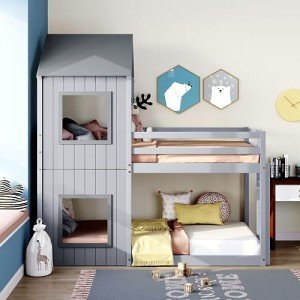
A5: It is suggested to perform a safety check every few months or whenever you notice any signs of wear.
Kids' bunk beds work as a strategic option for families looking to optimize space while offering a fun and interesting sleeping environment for their children. With a variety of alternatives readily available-- from standard designs to loft beds-- parents have the freedom to choose something that meets their family's specific requirements. By considering crucial aspects such as security, space suitability, and their kids's preferences, moms and dads can make an educated choice, guaranteeing that each child is excited about bedtime while taking advantage of a well-organized room.
